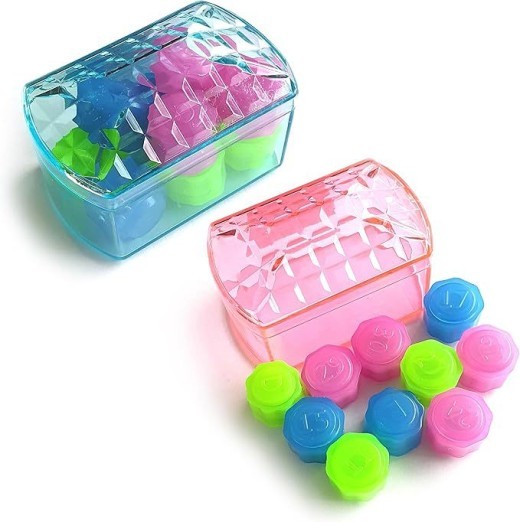
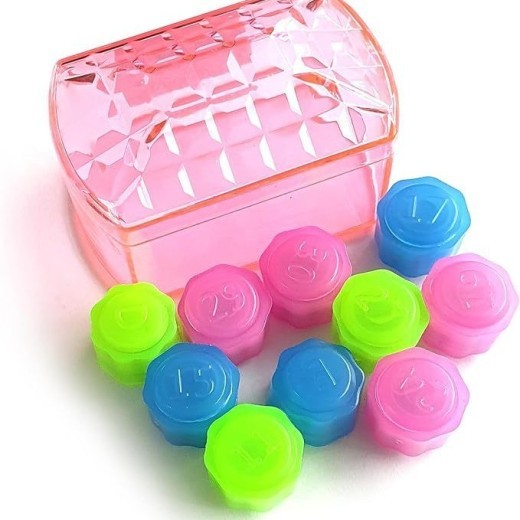
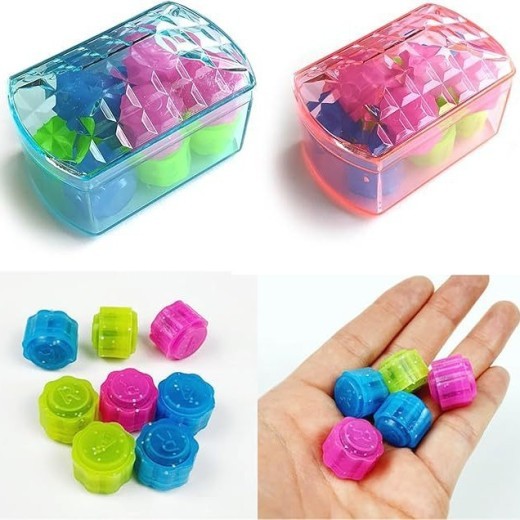
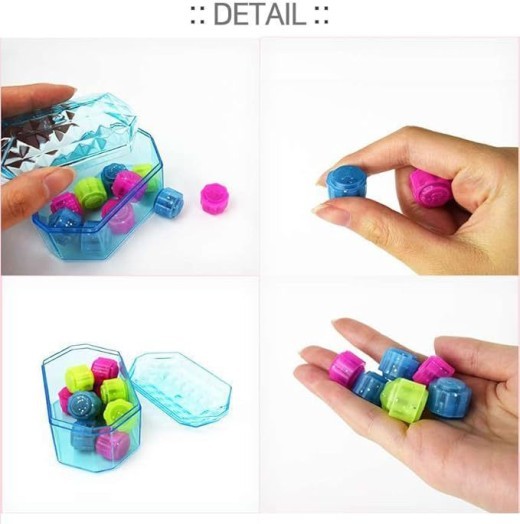
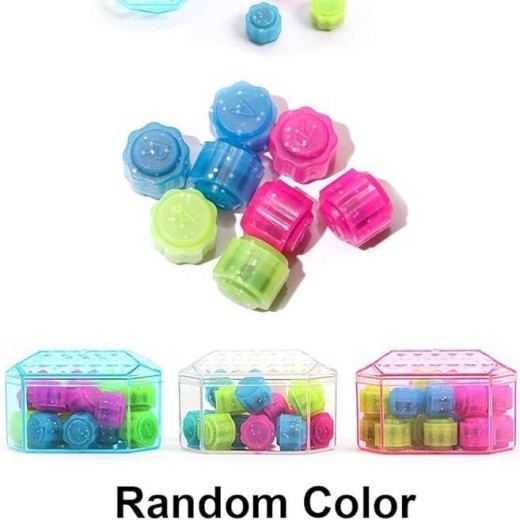
South Korea Traditional Game Catch Stones
South Korea Traditional Game Catch Stones: A Fun and Cultural Activity for All Ages
Introduction: Discover the Charm of a Traditional Korean Game
The South Korea Traditional Game Catch Stones (also known as Jeonggi) is a beloved, centuries-old outdoor game that has been enjoyed by children and adults in South Korea for generations. Rooted in Korean culture, this traditional game is a simple yet engaging way to practice hand-eye coordination, motor skills, and teamwork. Played using small stones or pebbles, Catch Stones brings people together, offering both fun and a sense of cultural connection. Whether you’re looking for a new game to teach your family or seeking a way to experience a slice of Korean heritage, Catch Stones is a perfect choice!
Simple yet Addictive Gameplay
Catch Stones is an easy-to-learn game that provides hours of entertainment. The game is played by tossing small stones (usually five) onto the ground and attempting to pick them up using various hand movements, all while maintaining control and focus. The challenge lies in the different ways you need to pick up the stones: either individually or in small groups, and sometimes in the air or on the ground, depending on the rules of the game.
The basic premise involves the player tossing stones on the ground, retrieving one stone at a time while making sure not to drop any. The game progresses in levels, with each round requiring the player to pick up a greater number of stones or complete more intricate hand movements, adding layers of difficulty as the game goes on. It's a game of concentration, dexterity, and a little bit of luck!
Cultural Significance and Historical Roots
Catch Stones has deep cultural roots in South Korea. It’s not only a game but also a way to connect with history and tradition. Historically, the game was often played in open spaces, where children could gather to have fun and challenge each other. It was an outdoor social activity that encouraged play and creativity.
The game’s simplicity, relying on nothing more than a set of small stones, reflects the ingenuity of traditional Korean games, where minimal tools were used to create endless fun and opportunities for socializing. Catch Stones was especially popular during festivals and holidays, where families and communities would come together to celebrate and enjoy each other’s company.
Hand-Eye Coordination and Skill Development
While the game may seem simple, Catch Stones helps children develop important physical and cognitive skills. The game requires precision, dexterity, and coordination as players need to pick up stones quickly without dropping any, which enhances hand-eye coordination and fine motor skills. Additionally, players often practice concentration and problem-solving as they figure out how to grab the stones in the most efficient manner possible.
As children progress through the game, they also learn about patience and perseverance—skills that are essential in both play and life. The simplicity of the game also allows for creative variations, depending on the players’ abilities, making it an activity that can grow with the players over time.
Teamwork and Social Interaction
Though Catch Stones can be played individually, it is often a game enjoyed by groups. It can be played in teams or as a friendly competition, encouraging social interaction and teamwork. Players take turns tossing the stones and trying to pick them up, sometimes adding their own unique rules or challenges to the game. This fosters communication, cooperation, and friendly competition—important values that children and adults alike can enjoy.
The game can also be an excellent bonding activity between parents and children, as they teach each other the rules and help improve their skills together. In South Korea, it’s common for older family members to teach younger generations how to play, passing down traditions and knowledge, which makes Catch Stones a cultural experience as well.
Adaptable and Portable
One of the reasons Catch Stones has remained so popular throughout the years is its adaptability. The game requires minimal equipment: just a few stones or pebbles. This makes it an easily accessible game that can be played almost anywhere—at a park, on the beach, or even in the comfort of your home. It’s an excellent activity for outdoor gatherings, family events, or even as an indoor game for rainy days.
The portability of the game makes it perfect for travel. All you need is a small bag of stones or pebbles, and you can enjoy hours of entertainment no matter where you are.
The Modern Twist: New Variations
While Catch Stones is rooted in tradition, modern variations have emerged, adding fun twists to the game. These include:
-
Creative Rules: Many players invent their own challenges or rules to make the game more interesting. For example, instead
of simply picking up stones one by one, players might have to bounce the stones off the ground or toss them in the air before catching them.
-
Larger Groups: The game can be played with more than just one person at a time. Teams can compete against each other, or
players can join forces to complete the challenges.
-
Stones with Designs: Instead of using regular pebbles, some people use uniquely designed stones or colorful objects to add
more visual interest to the game.
These variations bring Catch Stones into the modern era while still preserving the spirit of the traditional game.
Why Choose the South Korea Traditional Game Catch Stones?
Here’s why Catch Stones is a great game for both children and adults:
- Cultural Heritage: Offers a glimpse into South Korea’s rich history and tradition.
- Fun and Engaging: A simple but addictive game that is perfect for kids and families.
-
Skill-Building: Improves hand-eye coordination, fine motor skills, concentration, and problem-solving abilities.
- Social Interaction: Encourages teamwork, social play, and friendly competition.
-
Portable and Accessible: Requires minimal equipment and can be played anywhere, making it perfect for travel or outdoor
activities.
-
Creative Variations: You can adapt the game to fit your skill level, making it fun for players of all ages.
Who Should Get This Product?
- Parents and Educators: Looking for a fun and educational game that teaches children valuable skills.
- Cultural Enthusiasts: Interested in learning about traditional games from other countries.
-
Families and Friends: Perfect for group play and social bonding, ideal for family outings, picnics, and parties.
-
Game Collectors: For those who enjoy collecting unique and culturally significant games from around the world.
Product information:
Color: Stone catching game sieve storage box
Material: PVC
Style: Korean style
Packing list:
Stones x 1 Set
Product Image:
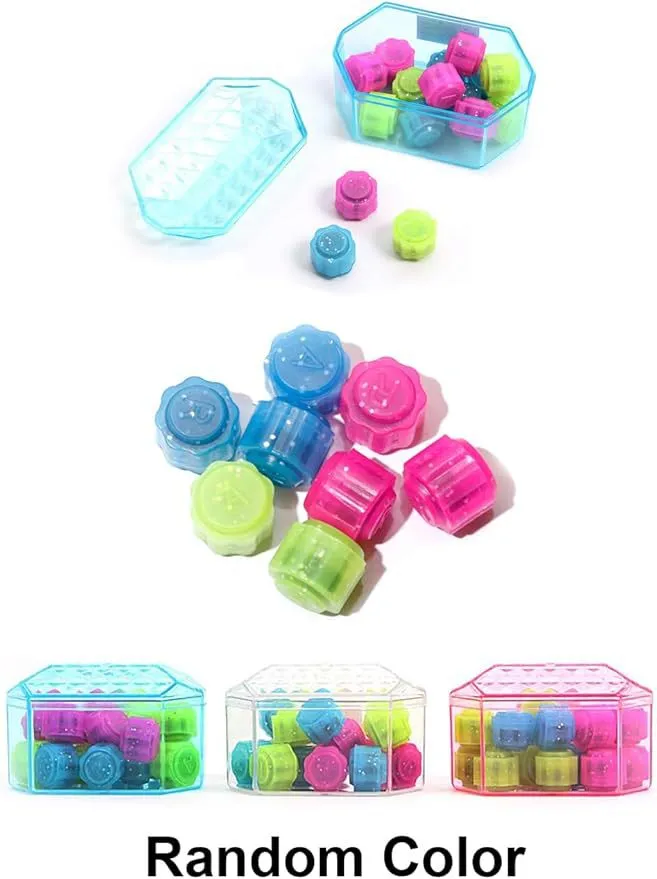
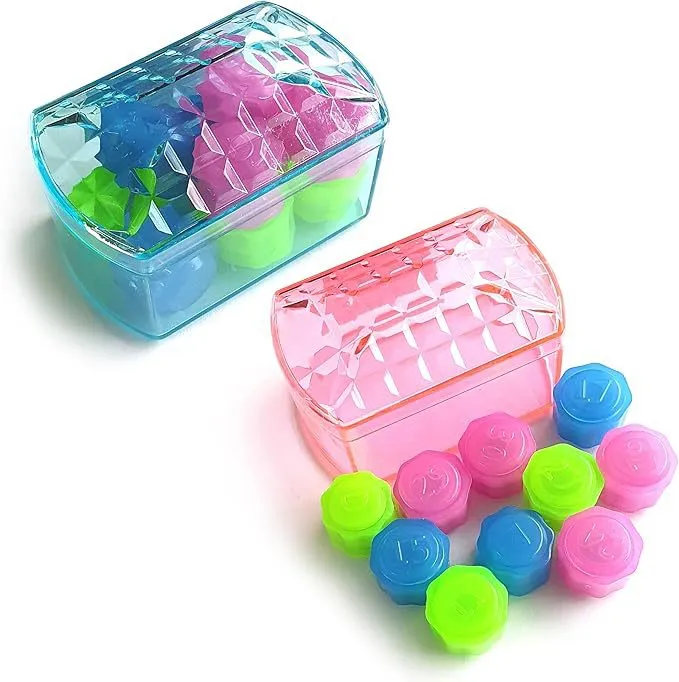
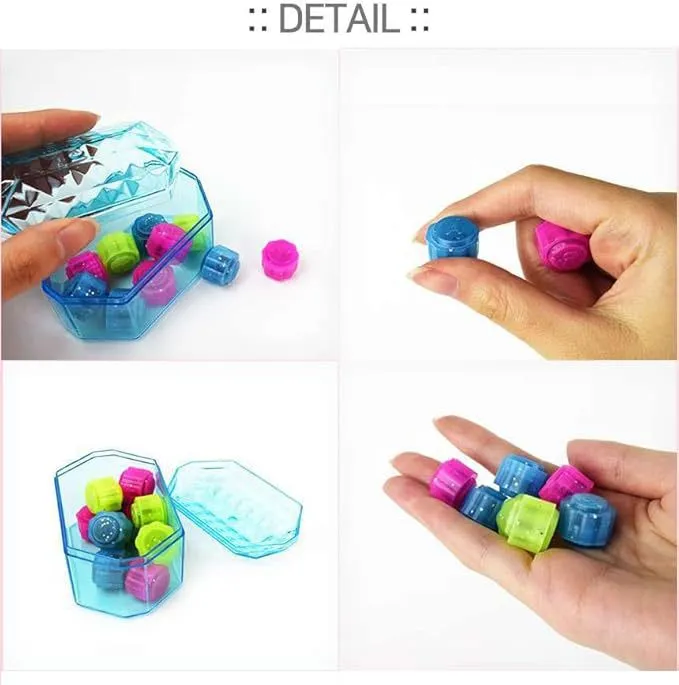
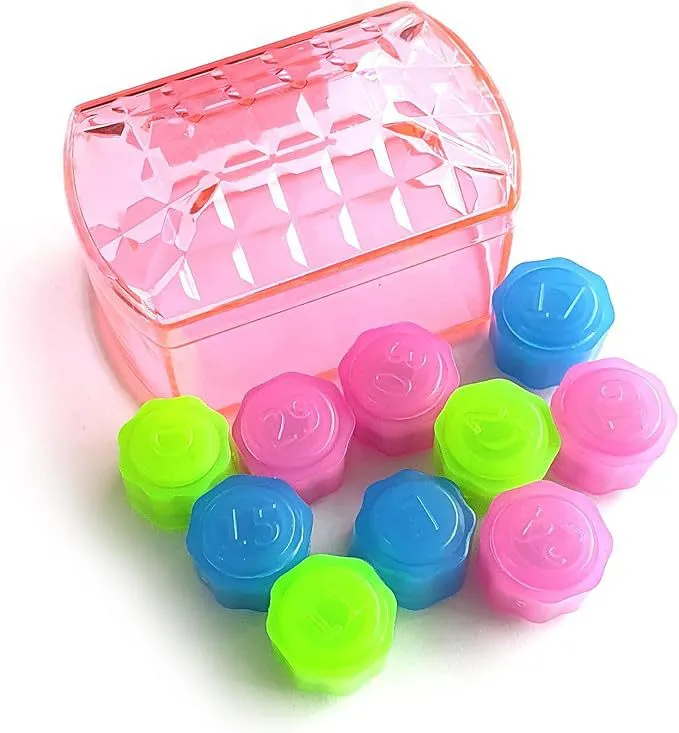
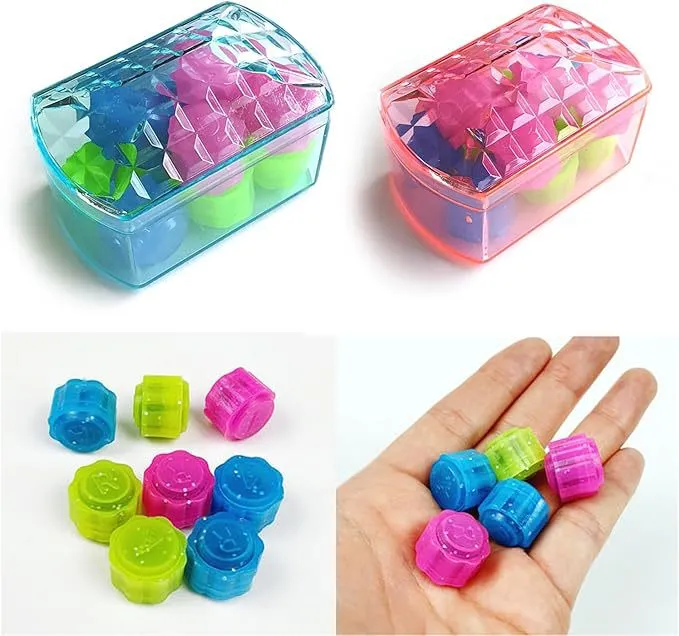
The product may be provided by a different brand of comparable quality.
The actual product may vary slightly from the image shown.
Shop amazing plants at The Node – a top destination for plant lovers

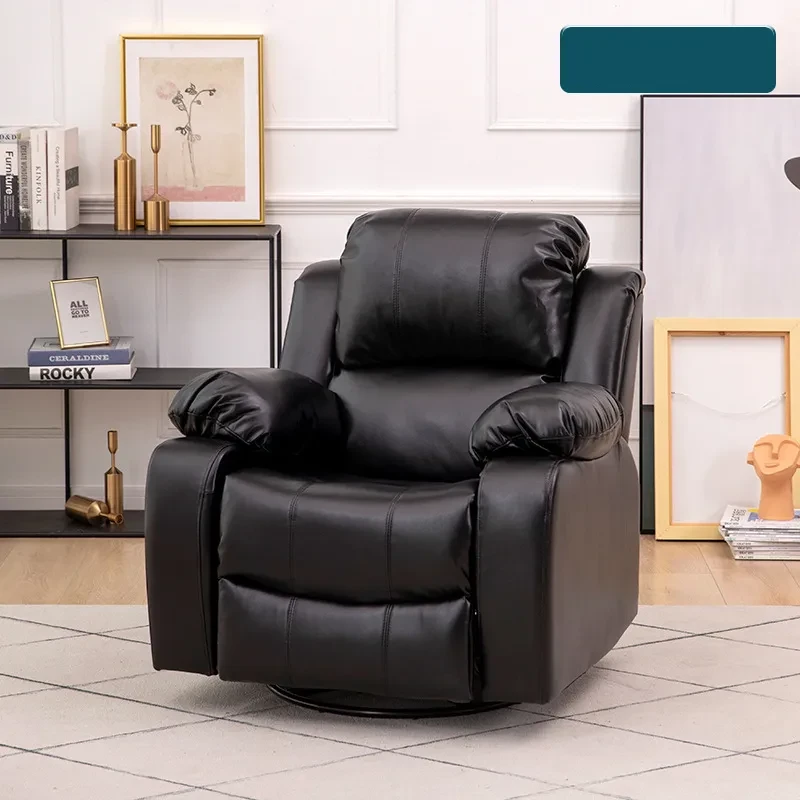
.png)








.webp)


.jpg)









.jpg)





.jpeg)





.jpeg)



.jpeg)








.jpeg)



.jpeg)

.jpeg)

.jpeg)

.jpeg)




.jpeg)
.jpg)

.jpeg)






.jpeg)
.jpeg)




.jpeg)





.jpeg)


.jpeg)

.jpeg)

.jpeg)

.jpeg)







.jpeg)
.jpeg)
.jpeg)





.jpeg)



.jpeg)






.jpg)
.jpeg)









.jpg)


ulva-Logo.jpg)




.jpeg)



.png)















.png)
























